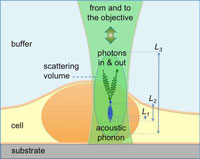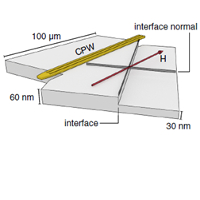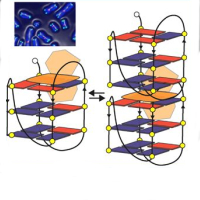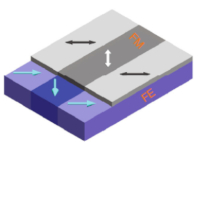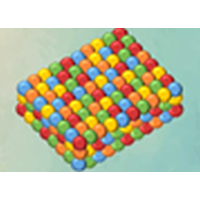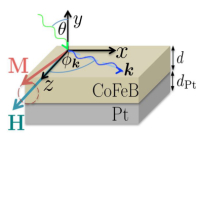Strongly Correlated Systems
A combination of analytical and numerical approaches are used to characterize models and materials whose properties are driven by the presence of strong electronic correlations, such as high-temperature superconductors, Mott and topological insulators, as well as metallic phases that escape the Landau theory of Fermi liquids.
The principal aim is to develop and apply techniques that go beyond mean-field approximations, as Hartree-Fock of density-functional theory (DFT), to capture the fundamental physical properties leading to new paradigms in condensed matter. Quantum Monte Carlo and Dynamical Mean-Field Theory (DMFT) methods provided high quality results for a variety of systems in physics, as well as in quantum chemistry. In addition, combining DMFT with the electronic structure from DFT, it is possible to obtain a powerful tool to access the properties of many strongly-correlated materials. The investigation is also aided by analytical methods based on quantum field theory and statistical mechanics.
The main research lines are:
- Magnetic systems in presence of frustrating interactions
- Superconductivity from strong electron-electron repulsion
- Metal-insulator transition driven by electron repulsion
- Electronic structures of strongly-correlated materials
- Cold atomic gases trapped in optical lattices
- Quantum and thermal phase transitions

